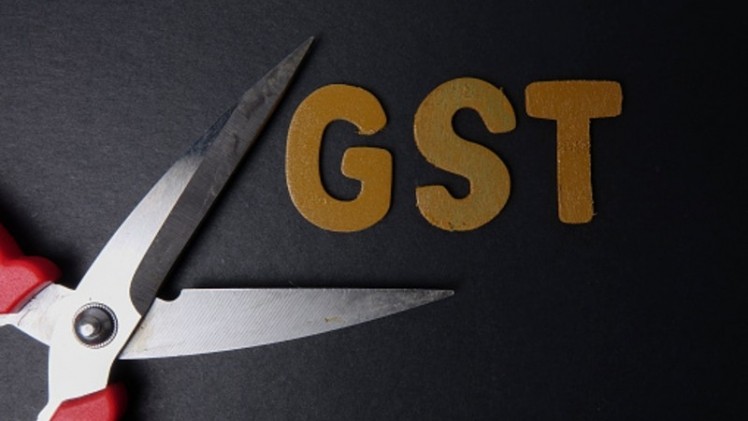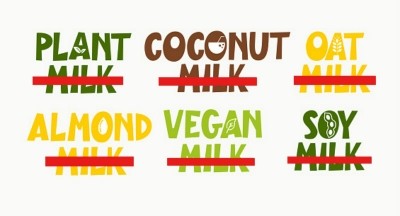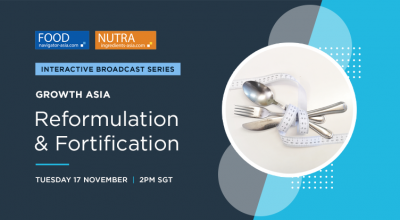Not the full package: Indian industry group clarifies GST cut request is not for branded food products

The All India Food Processors’ Association (AIFPA) previously wrote to the Indian Ministry of Food Processing Industries (MOFPI) and Ministry of Finance (MOF) requesting for a number of changes to be made to local GST rates.
According to the letter, which FoodNavigator-Asia has viewed courtesy of AIFPA, this included reducing the GST imposed on ‘daily use foods’ products from 12% to 5%.
Foods such as fruit and vegetable chips, snack foods, ready-to-eat foods and more were named as falling into this category, and it would be easily misunderstood that this also encompasses branded and packaged foods – but AIFPA has clarified that a ‘cultural perception’ has led to this misunderstanding about its request.
“When writing that letter, what we were referring to are foods that are common, regional, local foods which are largely common in rural areas, so the GST reduction would benefit these poorer folk – so if talking about things like chips, we meant banana chips and potato chips made and processed locally for everyday consumption, not necessarily referring to big branded potato chips,” AIFPA President Dr Subodh Jindal told FoodNavigator-Asia.
“Many media reported it as ‘chips’ or ‘packaged foods’ in a different sense from what we meant, and the misunderstanding here is due to a difference in understanding and perception of the food terms used between India and developed countries.”
Another key reason for the mix-up lay in the fact that AIFPA represents big branded packaged food companies in India such as PepsiCo, Mondelez, Britannia Industries and many more, which led to worries when the call for lower GST rates was linked to unhealthy snacks such as ‘western’ chips.
“The government will assess this request in a scientific manner and identify which snacks deserve the lower GST to benefit the public – it will not be applied to all ‘chips’ across the board,” said Dr Jindal.
“We have had many analysts enquire about this GST and assuming that we are asking for an arbitrary reduction or subsidy – this is not true, we made this request based on a scientific basis and analysed in terms of the economy and the needs of farmers, processing industry players and consumers.
“The key is that the tax reduction will help to reduce costs, reduce the prices of the ‘daily use foods’ products and increase consumption.
“India’s tax system was set up with higher levels, with rates ranging from 5% to 28% for food products, due to revenue needs at the beginning. Our analysis has found this to really be very high as most Asian tax systems range between 5% to 10%, and now we’re asking for a reduction, at least for the ‘daily use foods’, as this is really very exorbitant as a whole.”
AIFPA’s request still has several stages to go through before a decision is made – from MOFPI and MOF, it will need to go to the national GST Council and then go through analysis by tax, agricultural and consumer experts.
Other GST requests
In addition to ‘daily use foods’, AIFPA also requested the government to remove all GST imposed on the primary processing industry so as to reduce food waste in India.
“It is recommended that the Primary Processing of Perishables should be placed at 0% GST in order to reduce the local wastage of agricultural produce and increase consumption, as these need to be urgently strengthened,” said Dr Jindal.
“Primary processing is needed to keep the agri-produce safe in the form of industrial intermediates for later use in secondary and tertiary processing to prepare finished consumer products. This way, farmers will also not have to make distress sales, thereby increasing their income, and the food industry can use these intermediates to make food products for consumers all year round.
“The government will also benefit from higher revenues through secondary and tertiary processing, and the distribution of these products.”
Food products covered here include those that have undergone salting, brining, drying, grinding, ambient-controlled storing, cold transportation and more.
Even food packaging materials were highlighted as due for GST reduction – at present all food packaging materials including cans, bottles, jars, pouches, cartons, labels and more are levied with GST between 12% and 18%.
“It is requested that all such items should be placed at a GST rate of not exceeding 12% in order to reduce the cost of food products,” said Dr Jindal.
“This aspect may also be examined [by the government as it would be] in the interest of consumers.”


















